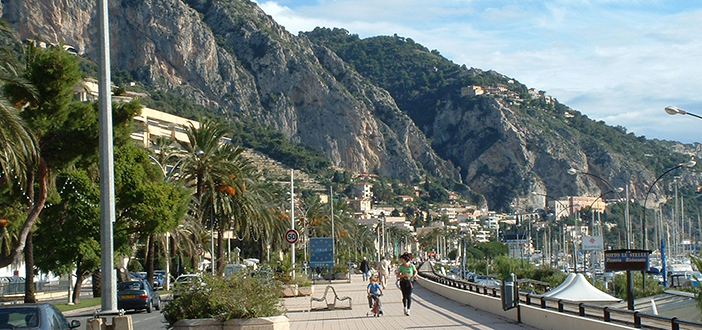A permanent reinstatement of internal border controls within the Schengen area would result in an annual economic cost for France of 1 to 2 billion euros in the short term, and 10 billion euros in the longer term.
What would be the economic consequences for France of a permanent restoration of border controls within the Schengen area?
In the short term, those most affected by this measure would be short-stay tourists from neighboring countries, non-European tourists visiting multiple countries in Europe, cross-border workers, and lastly, freight road traffic.
The direct cost for France would be one to two billion euros depending on the intensity of the border controls (excluding the budgetary cost of these controls).
Half of this assessed cost is explained by a decrease in tourist attendance, 38% by the impact on cross-border workers, and 12% by hindrances to freight transport.
In the longer term, the generalization of permanent controls would be equivalent to a 3% tax on trade between countries in the area, which would decrease structurally by 10% to 20%. This would result in a loss of at least half a percentage point of GDP for France, or about ten billion euros.
Additional potential effects on foreign investment and worker mobility would be added.
For the countries of the Schengen area, the impact would be around 0.8 percentage points of GDP, or more than 100 billion euros.
Other effects are to be considered — notably a loss of worker mobility, a reduction in direct investments and financial flows — but they remain difficult to evaluate.


